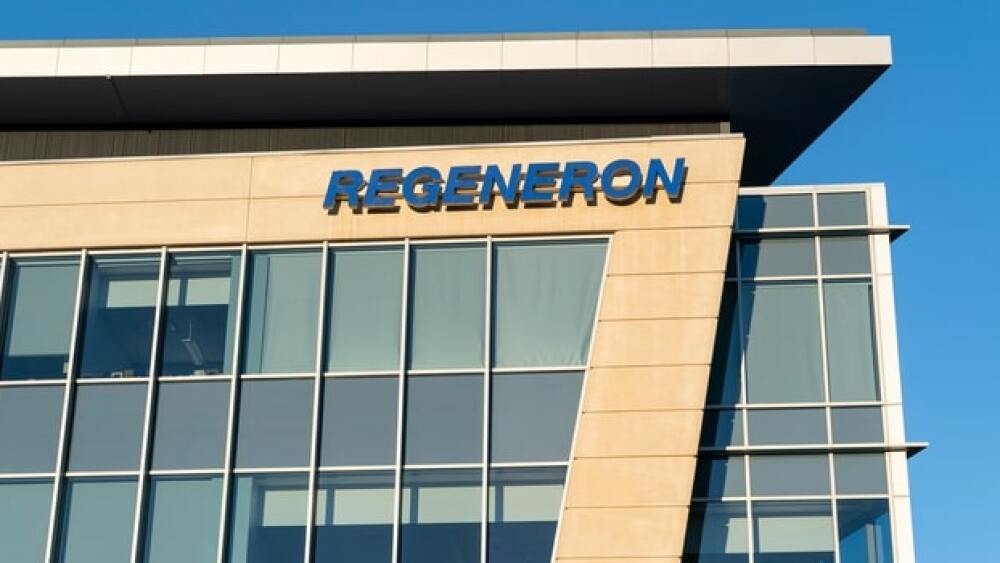On August 27, 2008, Cell Genesys announced that it halted VITAL-2, the second of two Phase 3 clinical trials of GVAX immunotherapy for prostate cancer, which compared GVAX immunotherapy in combination with Taxotere to Taxotere plus prednisone in patients with advanced-stage prostate cancer. The Company ended the trial as recommended by its Independent Data Monitoring Committee (IDMC) which, in a routine safety review meeting of both the VITAL-1 and VITAL-2 trials, observed an imbalance in deaths between the two treatment arms of the VITAL-2 study. A specific cause for the imbalance in deaths has not been identified and the IDMC reported no new safety issues for GVAX when administered in combination with Taxotere. The Company is currently preparing to analyze the clinical data from these patients to potentially determine the cause for the higher number of deaths observed in the GVAX plus Taxotere combination arm, including an assessment of potential imbalances between the two arms of the study such as baseline characteristics and prognostic factors, as well as other treatment variables. In addition, the Company has asked the IDMC, and they have agreed, that a formal, previously unspecified, futility analysis of VITAL-1 would be useful in assessing the prospects for the ongoing development program for this product. The Company is currently developing the methodology for this futility analysis and intends to seek FDA input. The Company expects the results of the VITAL-1 futility analysis within approximately a month.
About GVAX Immunotherapy for Prostate Cancer
GVAX immunotherapy for prostate cancer is comprised of two prostate tumor cell lines that have been modified to secrete GM-CSF (granulocyte-macrophage colony-stimulating factor), an immune stimulatory cytokine that plays a key role in stimulating the body's immune response, and then irradiated for safety. GVAX immunotherapy for prostate cancer is designed to be administered through intradermal injections on an outpatient basis.
About Cell Genesys
Cell Genesys (Nasdaq:CEGE - News) is focused on the development and commercialization of novel biological therapies for patients with cancer. The company's lead product platform is GVAX® immunotherapy for cancer, which holds the potential to treat multiple types of cancer including prostate cancer, leukemia, pancreatic cancer and lung cancer. Cell Genesys continues to hold an equity interest in its former subsidiary, Ceregene, Inc., which is developing gene therapies for neurodegenerative disorders. Cell Genesys is headquartered in South San Francisco, California, and has manufacturing operations in Hayward, California. For additional information, please visit the company’s website at www.cellgenesys.com.
Statements made herein about the company, other than statements of historical fact, including statements about the company's progress, results, findings, analysis and timing of clinical trials and preclinical programs, the timing of completion of and results from the VITAL-1 futility analysis discussed above and the nature of product pipelines are forward-looking statements and are subject to a number of uncertainties that could cause actual results to differ materially from the statements made, including risks associated with the success of clinical trials and research and development programs, regulatory requirements and the regulatory approval process for clinical trials, manufacture and commercialization of the company’s products, competitive technologies and products, the need for and reliance on partnerships with third parties, and the need for additional financings. For information about these and other risks which may affect Cell Genesys, please see the company's reports on Form 10-Q, 10-K, and 8-K and other reports filed from time to time with the Securities and Exchange Commission. The company assumes no obligation to update the forward-looking information in this press release.
Contact:
Cell Genesys, Inc. Susan Ferris, 650-266-3200 Investor Relations
Source: Cell Genesys, Inc.




